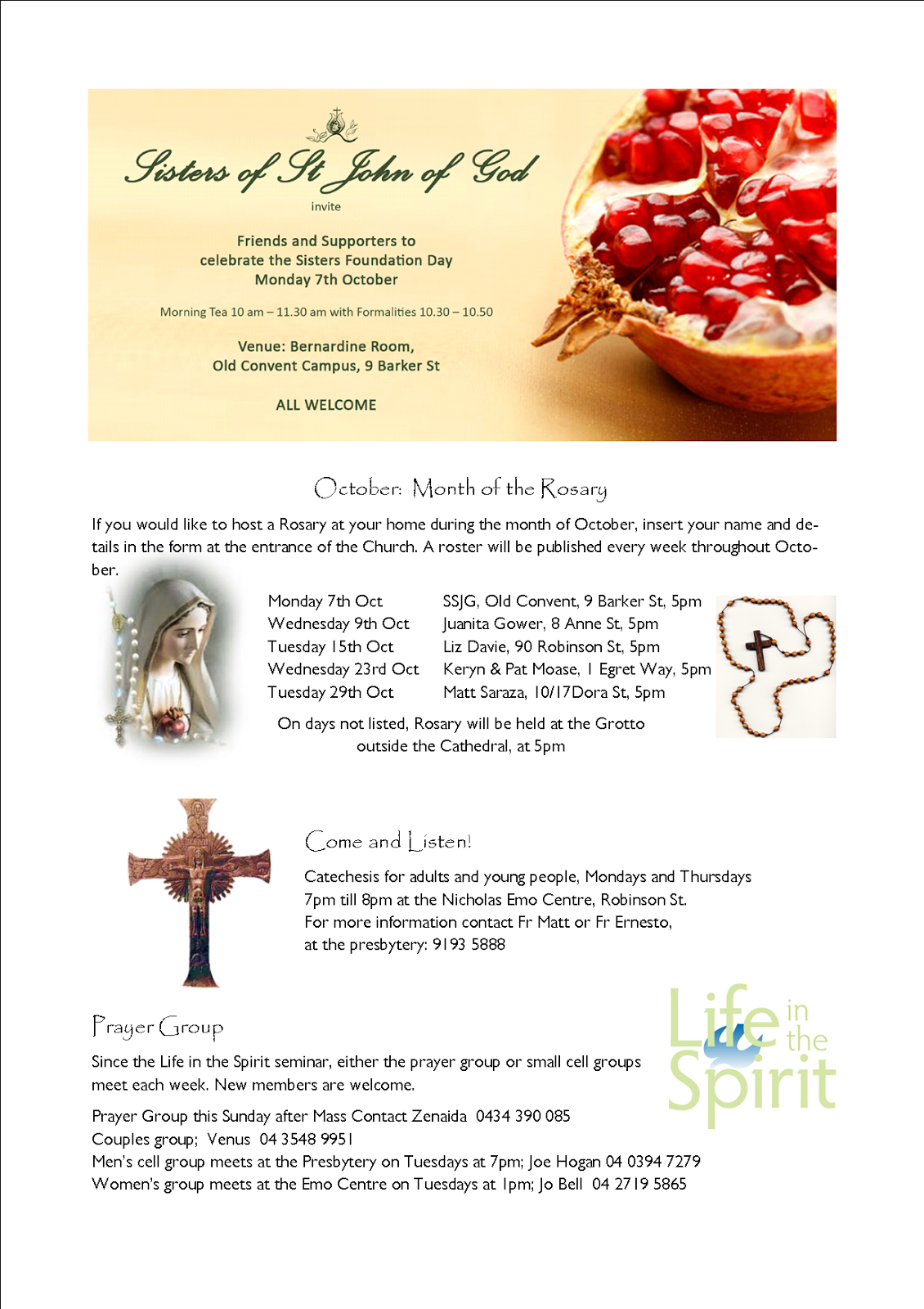Faith is the graced
but free acceptance of God’s self-communication in Christ as mediated by the Christian
community.[i]
God is trying to reach us, whom he has created, and waits for us to respond to
his love. Pope Francis teaches us in his first encyclical letter: “Faith
is born of an encounter with the living God who calls us and reveals his love,
a love which precedes us and upon which we can lean for security and for
building our lives”. Lumen Fidei 4
To have faith is to trust God, in his revealed Word in the scriptures
and the Church. Faith allows us to know that our lives have a purpose, even if
we cannot see that at the moment. Faith allows us to look outside our narrow
range of self-interest and to be able to look on the situation of our world
with the eyes of God, and in doing this, we are able to lift ourselves and
those around us from the morass of fatalism to the life of grace.
Faith allows us to be more, to be authentic and to be
capable of the potential God has given us.
Faith is not about quantity but quality. It doesn’t matter
how much faith we have, because it doesn’t take much to change the world. We don’t
have anything like a mustard seeds worth of faith, yet we still make a
difference. In our Gospel, Jesus asked his disciples to do their duty
faithfully, and then faith will grow. St Paul adds that God’s gift was not one of timidity, but the spirit of power, and love,
and self-control.
Each one of us has at some time or other lamented our lack
or weakness of faith. Jesus speaks to us as well and calls to the same
faithfulness as the disciples. We all have faith to work with, so none of us
are stymied. The famous American social justice advocate Dorothy Day was often
called a saint. Her reaction to this was: Don't
call me a saint. I don't want to be dismissed so easily. It is so easy for
us to say: well that is ok for him, or her, or Dorothy Day or mother Teresa because
they are saints. Well, they are like us, and started with the faith and opportunities
given to them and lived them to the full. As St Irenaeus of Lyon said in 330 The glory of God is man fully alive, in
other words, using all of our gifts to make this world a better place and let
the love of God reign.
We have been given the gift of faith. Our duty is to nurture
and protect that gift as we live it in our lives and pass it one to others.
None are allow dot stick our heads in the sand, to exempt from this wonderful
adventure.
Homily 6 October 2013, 27th Sunday in Ordinary Time Year C, OLQP Broome.



















